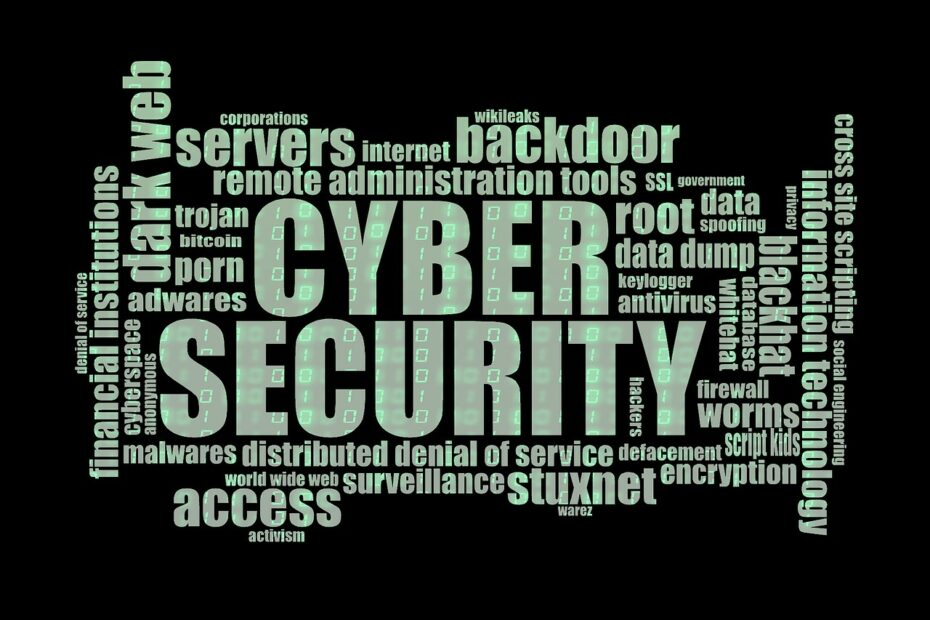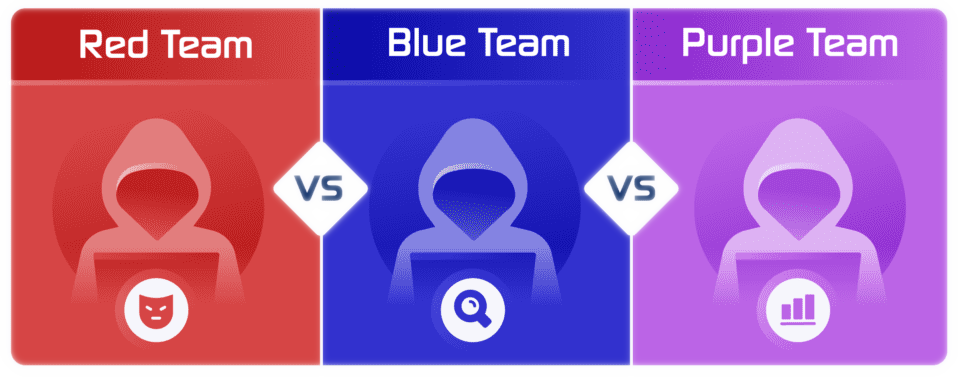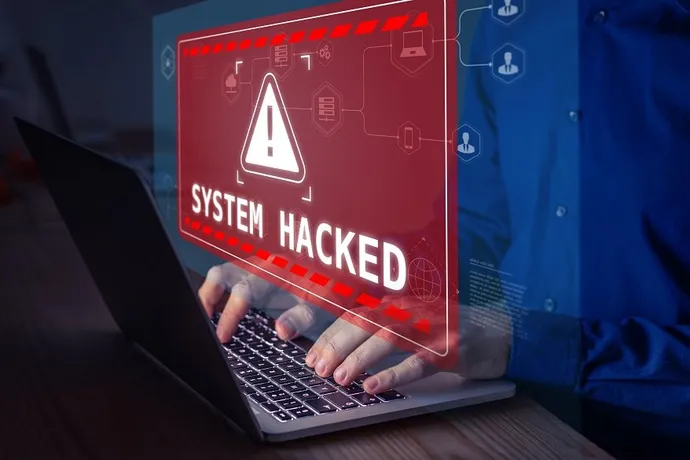In today’s digital age, businesses of all sizes and industries rely heavily on technology to operate and store their valuable data. However, with this dependence on technology comes the threat of cyber attacks and data breaches. That’s why it’s essential for companies to prioritize IT security and implement the necessary tools and infrastructure to protect their business and customers.
The Importance of IT Security
IT security is critical for any business because cyber attacks can have severe consequences, such as:
- Financial Loss: A data breach can result in financial loss due to stolen information, business disruption, and legal fees.
- Reputational Damage: A cyber attack can damage a company’s reputation, leading to a loss of customer trust and potential revenue.
- Legal Consequences: Companies can face legal consequences if they fail to comply with data protection regulations or if a data breach occurs.
- Intellectual Property Theft: Cybercriminals can steal a company’s intellectual property, including trade secrets, which can harm the company’s competitiveness and profitability.
- Business Disruption: A cyber attack can disrupt business operations, causing downtime, loss of productivity, and even a complete shutdown.
Security Tools and IT Infrastructure
To protect their business from cyber attacks, companies should have the following security tools and IT infrastructure:
- Firewall: A firewall is a network security system that monitors and controls incoming and outgoing network traffic based on predetermined security rules. It acts as a barrier between a company’s internal network and the internet, preventing unauthorized access.
- Antivirus Software: Antivirus software protects a company’s systems from malware and other malicious software. It scans files and applications for potential threats and removes them before they can cause harm.
- Encryption: Encryption is the process of converting data into a coded language that can only be read by authorized users. It’s an effective way to protect sensitive information, such as financial data or personal information.
- Access Control: Access control is a security measure that restricts access to specific data or systems to authorized users only. This can be done through the use of passwords, biometric authentication, or other security protocols.
- Intrusion Detection and Prevention Systems (IDS/IPS): IDS/IPS are security tools that monitor network traffic and alert administrators to potential threats, such as unauthorized access attempts or unusual traffic patterns. IDS/IPS can also prevent malicious traffic from reaching its intended destination.
- Central Logging: Central logging is the process of collecting and storing logs from various systems and applications in a centralized location. This allows administrators to quickly identify potential security incidents and troubleshoot issues.
- Monitoring: Network monitoring tools monitor a company’s network for suspicious activity, such as unauthorized access attempts or unusual traffic patterns.
- Backup and Recovery: Backup and recovery solutions ensure that a company’s data is backed up and can be recovered in case of a cyber attack or system failure.
- Employee Training: Employees can be a company’s first line of defense against cyber attacks. Providing regular training on IT security best practices can help employees identify potential threats and take proactive measures to prevent them.
In addition to these security tools, companies should also have a robust IT infrastructure that includes the following:
- Secure Network: Companies should have a secure network that is protected by firewalls and other security measures.
- Regular Updates: Companies should regularly update their software and systems to ensure that they are protected against known vulnerabilities.
- Physical Security: Companies should implement physical security measures, such as security cameras, to protect their data centers and other critical infrastructure.
- Data Backup and Recovery: Companies should have a robust backup and recovery plan to ensure that they can quickly recover from a cyber attack or system failure.
- Incident Response Plan: Companies should have an incident response plan in place that outlines the steps to take in the event of a cyber attack or data breach. This plan should include procedures for containing the incident, notifying affected parties, and restoring systems to their normal operating state.
- Identity and Access Management: Identity and Access Management (IAM) is the process of managing user identities and their access to company systems and data. This includes user authentication, authorization, and access control, which helps to prevent unauthorized access to sensitive information.
- Security Information and Event Management (SIEM): SIEM is a software solution that collects and analyzes security-related data from multiple sources, such as firewalls, IDS/IPS, and central logging. It helps to identify and respond to security incidents and can be used to meet compliance requirements.
By implementing these security tools and IT infrastructure, companies can create a comprehensive security strategy that addresses the evolving cyber threat landscape. IT security is a crucial component of any business that wants to protect its data, reputation, and financial stability. By prioritizing IT security, companies can ensure the safety of their data and their customers, maintain business continuity, and avoid the costly consequences of a cyber attack or data breach.
It’s worth noting that while the above tools and infrastructure are essential, it’s also critical for companies to ensure that they are regularly updated and maintained. Cyber threats are constantly evolving, and as such, security tools and infrastructure need to be updated and maintained to ensure they are effective against the latest threats.
Additionally, companies should also consider working with security experts or Managed Security Service Providers (MSSPs) to help develop and implement a comprehensive security strategy. These experts have the knowledge and expertise to identify potential security gaps and implement solutions to address them, ensuring that a company’s security posture remains strong.
In conclusion, IT security is vital for businesses of all sizes and industries. By implementing the right security tools and IT infrastructure, companies can protect their data, maintain business continuity, and avoid the costly consequences of a cyber attack. With cyber threats continually evolving, companies need to prioritize IT security and regularly update and maintain their security tools and infrastructure to ensure they remain effective against the latest threats. Contact helpdesk.ca to work with a security expert today.



